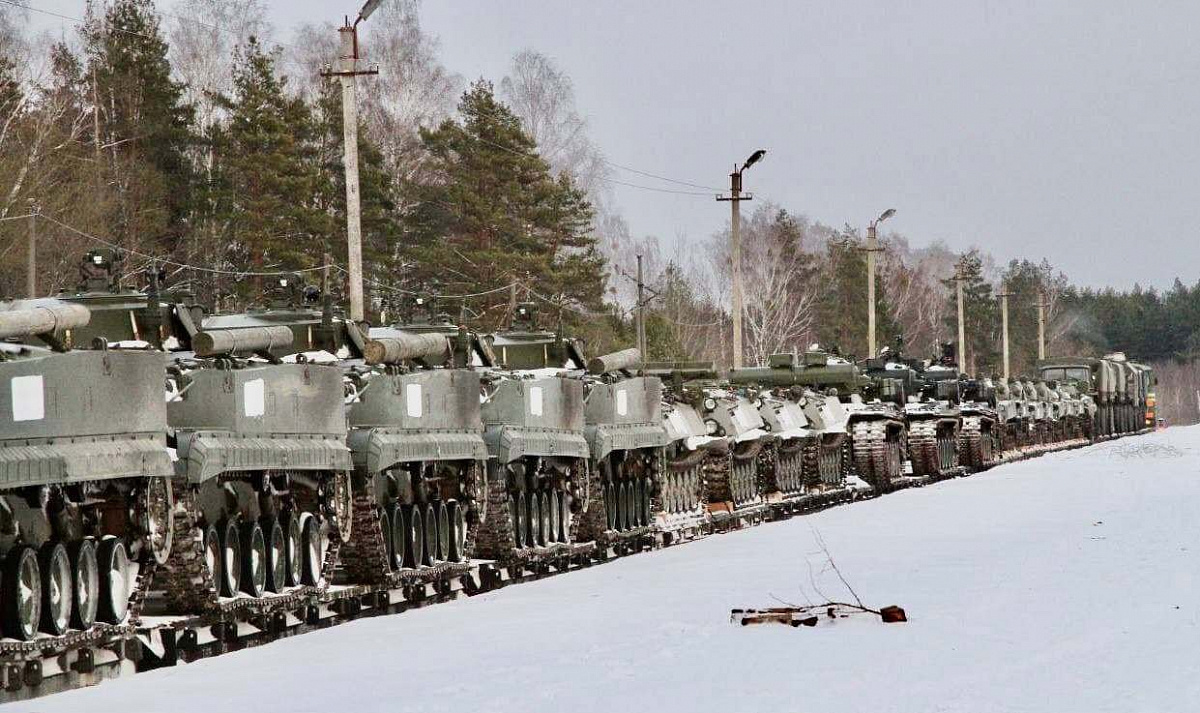Second Plan of “Allied Resolve”
 The situation has not changed
The situation has not changed

There has been a reset of Russia’s relations with Belarus, and there have been no significant developments since the events in Kazakhstan, except for preparations for the unscheduled Allied Resolve exercises scheduled for mid-February. Other aspects of allied interaction experienced a backlash.
As we noted earlier, at the moment, there are three main options for Russia’s support for the Lukashenka regime:
- constitutional reform.
- economic integration within the framework of the so-called Union State.
- closer military cooperation.
After a short-term “peacekeeping” operation under the auspices of the CSTO in Kazakhstan, the leaders of Russia and Belarus clearly playing a wargame, so issues of political reform and economic integration naturally faded into the background.
Russian Ambassador to Belarus Boris Gryzlov recently declared that “only the Belarusian people should assess the course of constitutional reforms in Belarus as [they are] the only source of state power and the bearer of sovereignty.” In general, Russia appears to be paying attention to the upcoming referendum in Belarus. Observers are more interested in how matters will develop after the official start of political transition. Kazakhstan’s experience shows that political reform is not a panacea for instability. Lukashenka himself is trying not to rush this matter and warns that the power balance in the country can be discussed two or three years after the adoption of a new Constitution, but not before.
As for integration, since signing the approval decree for 28 union programs, the matter seems to have been forgotten; no significant events in the field of union building took place. Not so long ago it appeared that the Union State was in an accelerated stage of construction. Russian Foreign Minister Sergei Lavrov mentioned this on January 14th and explained that the 28 union programs “are now being implemented in the form of direct action documents. These framework agreements are being translated into practice.” Thus, the Kremlin, apparently, made it clear to Minsk that issues of conflict and integration are independent.
There was no response from Minsk regarding Minister Lavrov’s comments. On the website of the government of the Russian Federation, there is a list of integration programs, but the question is how to move from their names from “direct action” to practical steps for implementation. In general, the public is not aware of the stage of development (coordination, revision) of specific programmes and who is controlling the process. The parties are expected to return to the problems of union building in March, after a constitutional referendum scheduled for February 27th.
Subscribe to our newsletter




Situation in Belarus
Constitutional referendum: main consequences


 Video
Video
How to count the political prisoners: are the new criteria needed?


 Video
Video
Paternalism In Decline, Belarusian Euroscepticism, And The Influence Of Russia


 Video
Video












